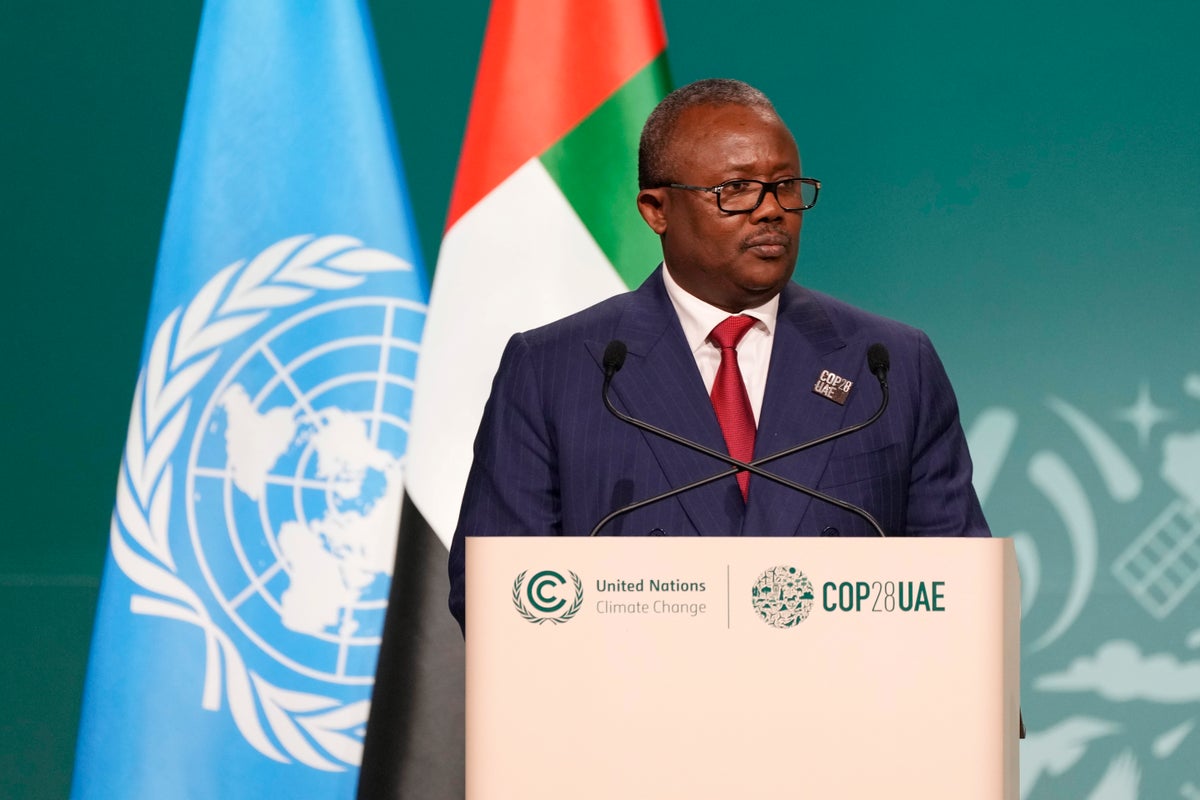
Gunfire erupted in Guinea-Bissau’s capital city late Thursday night and continued through Friday morning during what local media reported as clashes between security forces after two senior government officials were improperly released from custody.
The shooting in the city of Bissau involved members of the Presidential Palace Battalion and an elite military division known as the National Guard, which illegally freed the two officials under investigation for alleged corruption, The Democrat newspaper reported.
The reported clash between separate forces raised concern of the potential for a military takeover of the government. West and Central Africa have experienced a surge in coups or attempted coups in recent years, the latest in Sierra Leone this week.
An Associated Press journalist in the capital said the gunfire was concentrated in the Luanda neighborhood on the outskirts of the city center, where the National Guard’s intervention brigade is located.
The two officials — Economy and Finance Minister Suleimane Seidi and Treasury Secretary António Monteiro — were detained as the Guinea-Bissau government investigated them for alleged corruption over how government funds were spent.
The Public Ministry ordered them both rearrested moments after they were released Thursday night, resulting in the shootout, The Democrat reported.
It was not immediately clear why the officials were freed or whether they were rearrested. While the shooting stopped by noon, military vehicles were seen on the streets of Bissau and many public places were closed.
Guinea-Bissau President Umaro Sissoco Embalo was in Dubai for the United Nations' COP28 climate summit. He has not spoken publicly about the exchange of gunfire in his country's capital.
Embalo, a former army general, was declared the winner of a December 2019 runoff presidential election. His opponent contested the results.
He survived a February 2022 coup attempt that he asserted had “to do with our fight against narco-trafficking.” Guinea-Bissau became known as a transit point for cocaine between Latin America and Europe in the 2000s as traffickers profited from corruption and weak law enforcement.
Since gaining independence from Portugal in 1974, the country of two million people that neighbors coup-hit Guinea has endured continued political turmoil, experiencing four coup d’etats and more than a dozen attempted coups.







